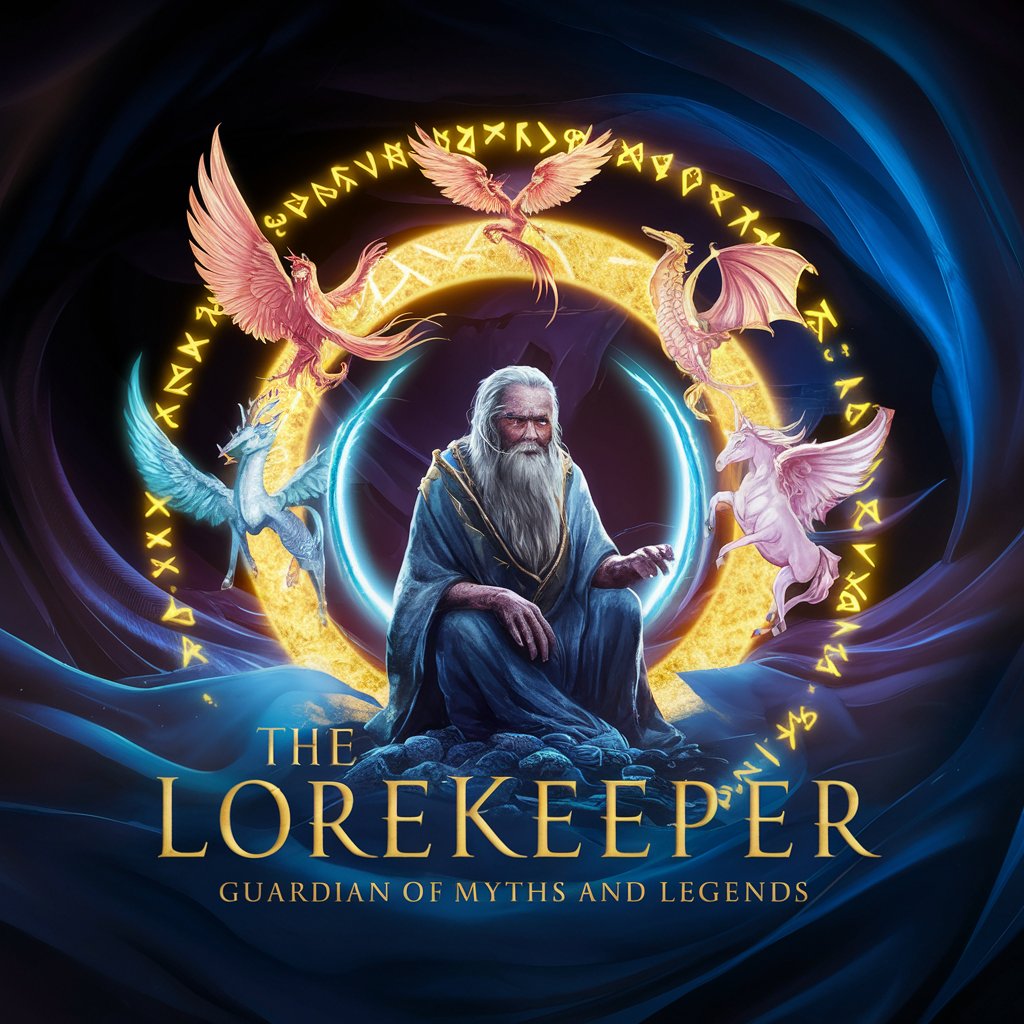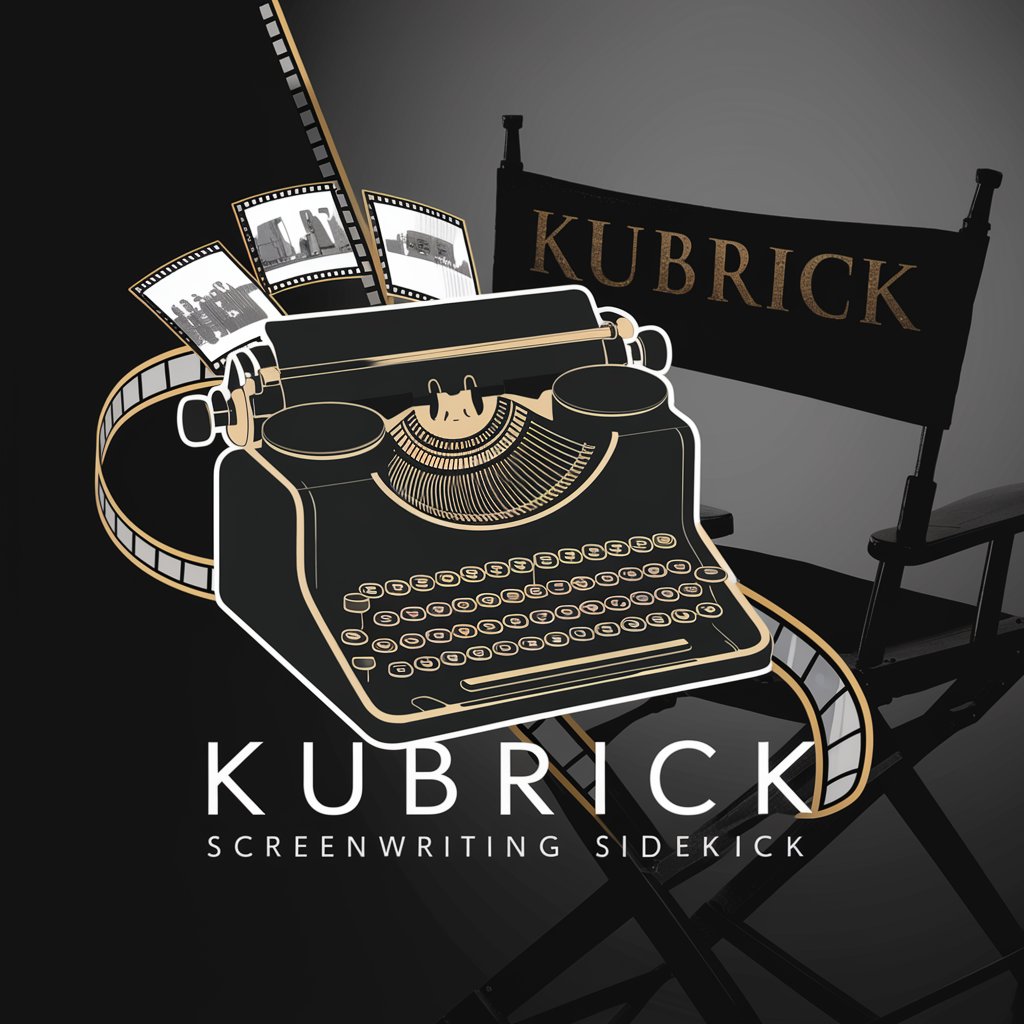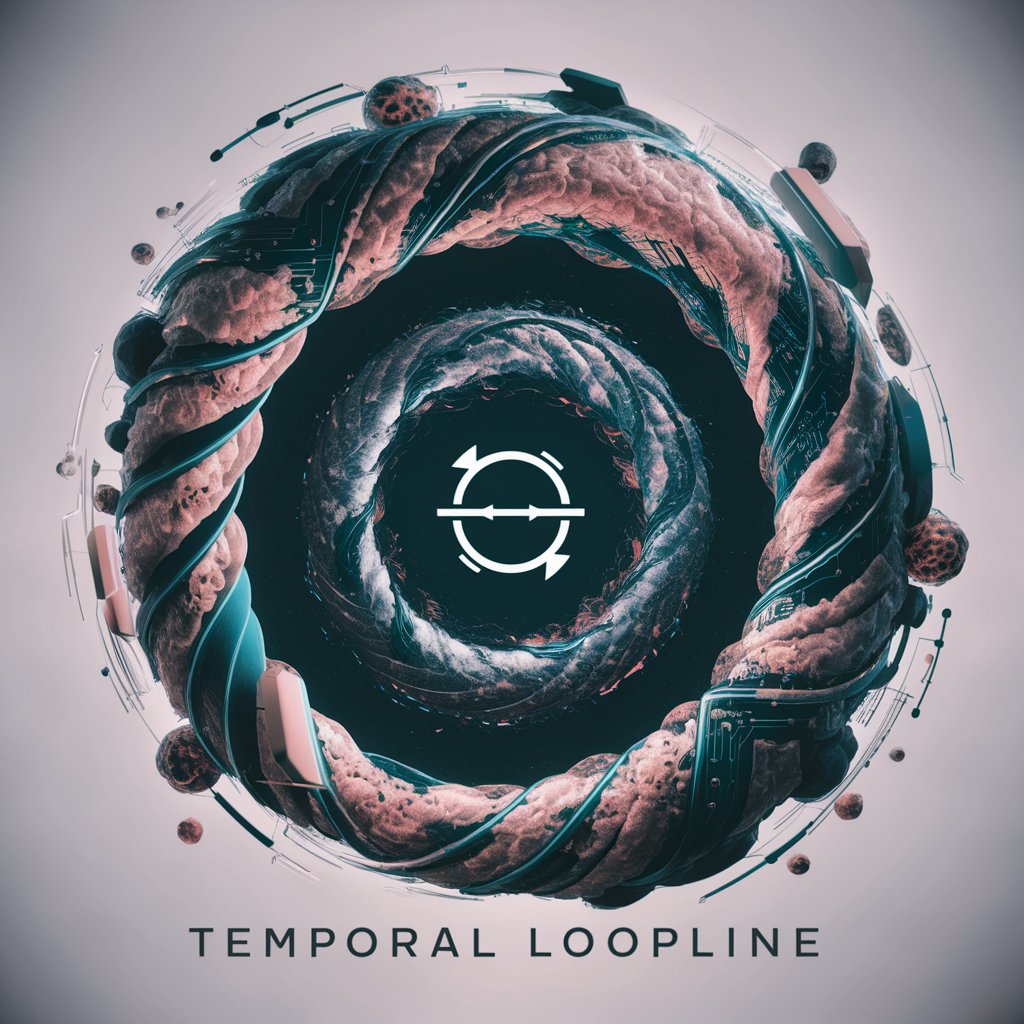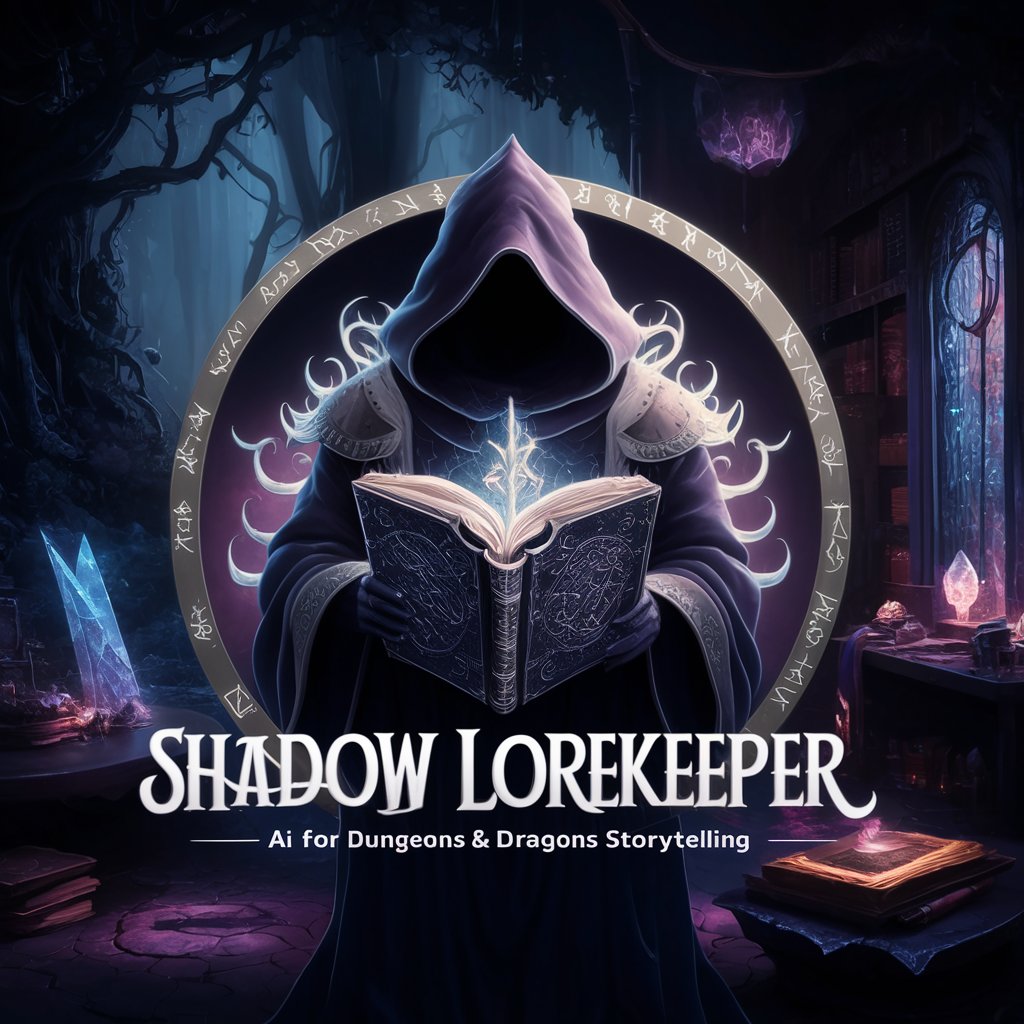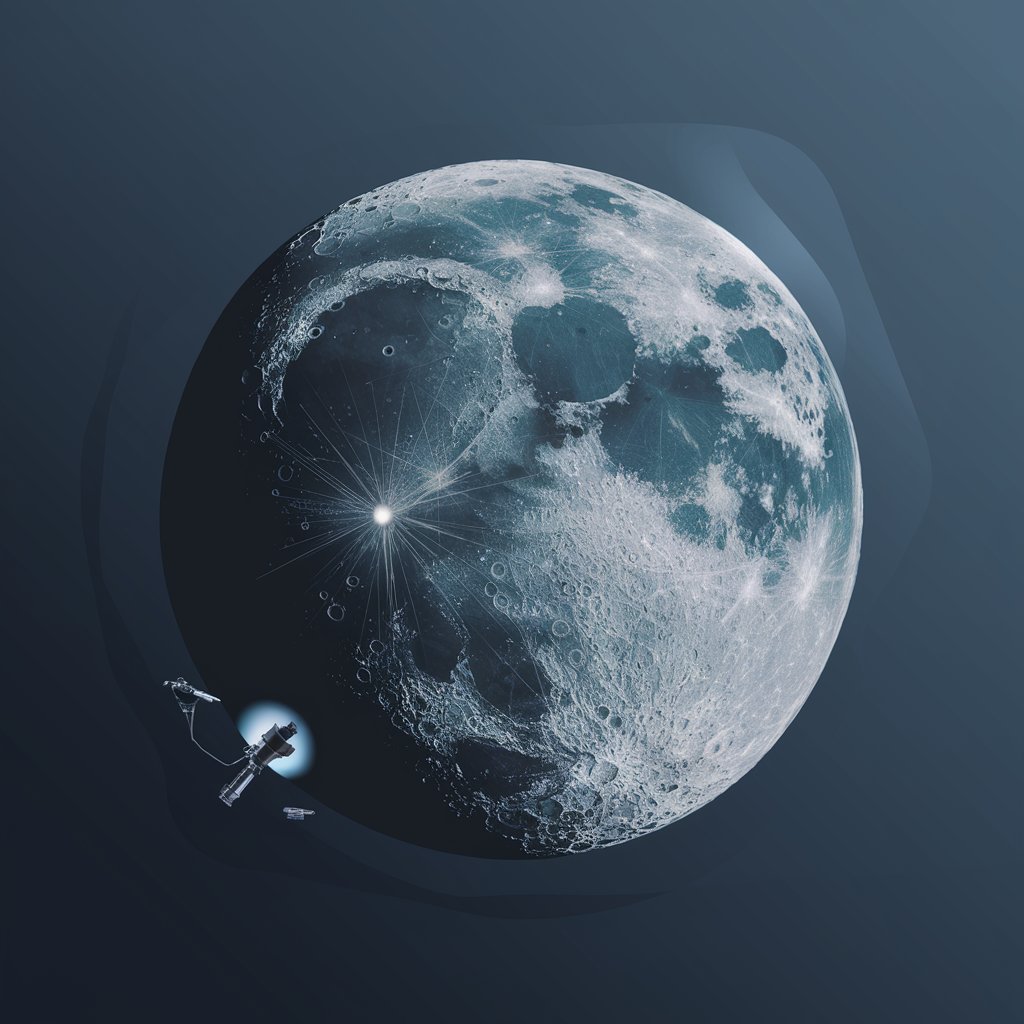
Lunar Lorekeeper: The Kubrick Legacy - Cold War Era Conspiracy Game
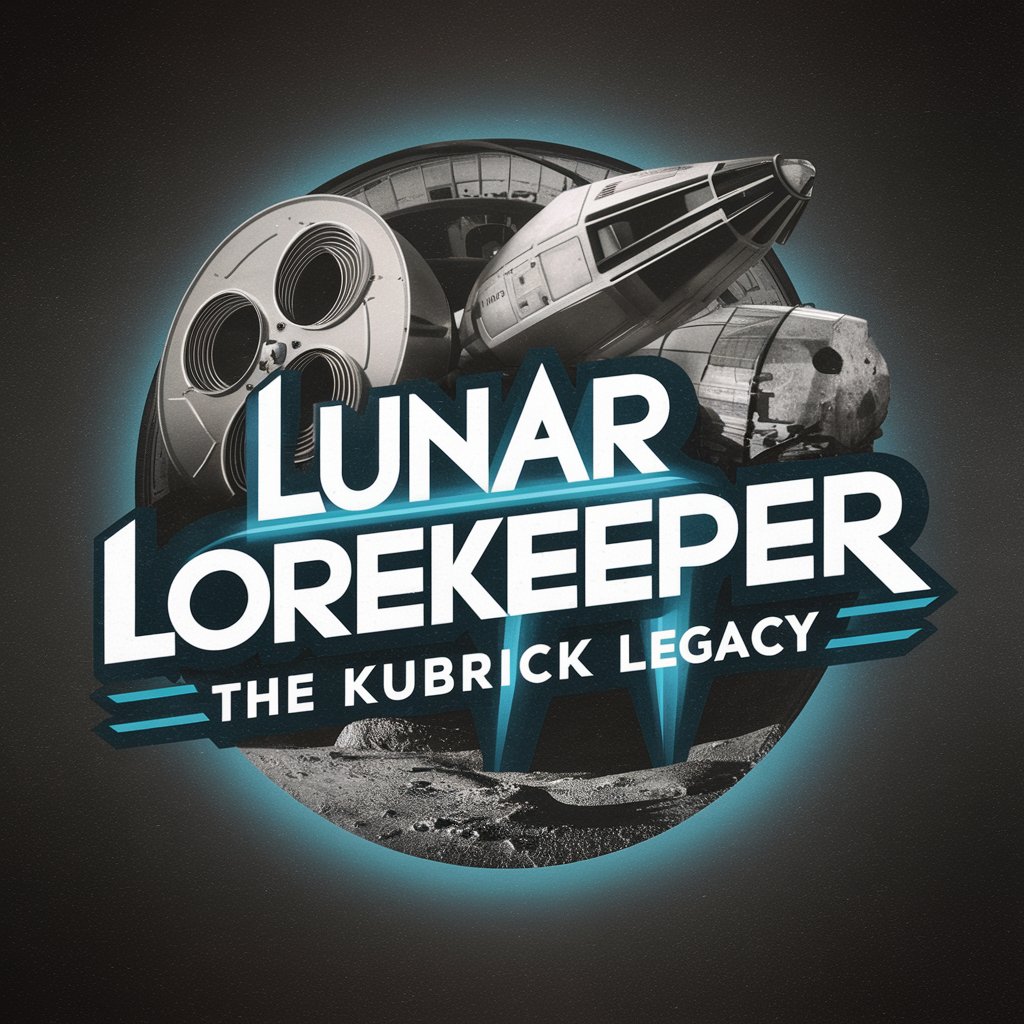
Welcome to 'Lunar Lorekeeper: The Kubrick Legacy'—your journey into mystery begins now.
Unravel the moon landing mystery with AI.
Investigate the suspicious connections between Kubrick's films and NASA's moon missions...
Explore the hidden secrets of Cold War-era political strategies...
Uncover the blurred lines between reality and cinematic deception...
Delve into the enigmatic world of space exploration and conspiracy theories...
Get Embed Code
Introduction to Lunar Lorekeeper: The Kubrick Legacy
Lunar Lorekeeper: The Kubrick Legacy is a gamemastered narrative game that invites players into a meticulously crafted world set during the Cold War era, blending historical facts with the speculative theory that Stanley Kubrick was involved in faking the Apollo moon landings. Designed as an immersive experience, the game leverages dynamic storytelling to intertwine Kubrick's cinematic achievements, space exploration advancements, and political intrigue of the 1960s. Players engage in historical investigations, analyze technological similarities between filmmaking and space missions, navigate Cold War politics, and interact with characters representing real and fictional figures from the era. Through exploring film sets, NASA facilities, and examining documents, players encounter scenarios that challenge their understanding of history, cinema, and conspiracy theories, making choices that shape the narrative's direction and outcome. An example scenario could involve investigating Kubrick's film set for clues about special effects technology that might have been used to simulate lunar landscapes, leading to interactions with a character modeled after a NASA scientist who provides insights into the era's space mission challenges. Powered by ChatGPT-4o。

Main Functions of Lunar Lorekeeper: The Kubrick Legacy
Historical Investigation
Example
Players research the Space Race and Kubrick's filmography, comparing notes on technological milestones.
Scenario
Exploring a recreated 1960s NASA control room, players decipher hidden messages in mission logs that hint at a collaboration between Kubrick and NASA officials.
Technological Comparison
Example
Analyzing the similarities between filmmaking technologies and lunar exploration equipment.
Scenario
In a simulation of Kubrick's studio, players examine the camera equipment used in '2001: A Space Odyssey' and compare it to Apollo mission cameras to uncover how film techniques could mimic moon surface footage.
Political Strategy
Example
Navigating Cold War politics to understand the influence on cinema and space programs.
Scenario
Players must decide whether to leak sensitive information to the press that could alter public perception of the space race, weighing the impact on US-Soviet relations.
NPC Dialogues
Example
Engaging in conversations with characters representing historical figures and key era players.
Scenario
A dialogue with a character inspired by Arthur C. Clarke offers insights into his collaboration with Kubrick, revealing tensions and ambitions driving the space age's narrative.
Ideal Users of Lunar Lorekeeper: The Kubrick Legacy
Historical Enthusiasts and Researchers
Individuals fascinated by the Cold War, space exploration, and cinematic history will find the game's rich narrative and factual basis engaging, offering a unique lens through which to explore these intertwined domains.
Conspiracy Theorists and Skeptics
Those intrigued by or skeptical of conspiracy theories, particularly the moon landing hoax, will appreciate the game's exploration of such theories, encouraging critical thinking and investigation.
Gamers and Interactive Narrative Fans
Players who enjoy narrative-driven games and interactive storytelling will be drawn to the game's dynamic narrative structure, which allows for personalized exploration and decision-making within a historically rich setting.
Educators and Students
Teachers looking for engaging ways to discuss Cold War history, film studies, or the history of science and technology may use the game as an educational tool to spark interest and debate among students.

How to Use Lunar Lorekeeper: The Kubrick Legacy
1
Visit yeschat.ai for an initial experience free of charge and without the need to sign up or subscribe to ChatGPT Plus.
2
Choose 'Lunar Lorekeeper: The Kubrick Legacy' from the game options to start your adventure in uncovering the mysteries of cinema and space exploration.
3
Navigate through the game by making selections from the provided menus to guide your investigation, interact with historical figures, and explore cinematic and space environments.
4
Utilize the game's interactive elements such as examining historical documents and participating in NPC dialogues to uncover clues and progress through the narrative.
5
Keep track of your narrative progress and knowledge integration to influence your gameplay and uncover the depths of the Kubrick legacy and the moon landing conspiracy.
Try other advanced and practical GPTs
Science Quiz Master
Ace GCSE Science with AI-powered quizzes

Coach
Empowering growth with AI-powered guidance

HomeworkGPT
Empowering learning with AI guidance

Schnieder Electric
Powering Decisions with AI

AR EduTech Guide
Empowering Education with Augmented Reality

Project Mentor
Empower Your Projects with AI

Golf
Elevate Your Game with AI-Powered Golf Insights

IDEAfier - Loony Toons
Animating stories with AI-powered imagination
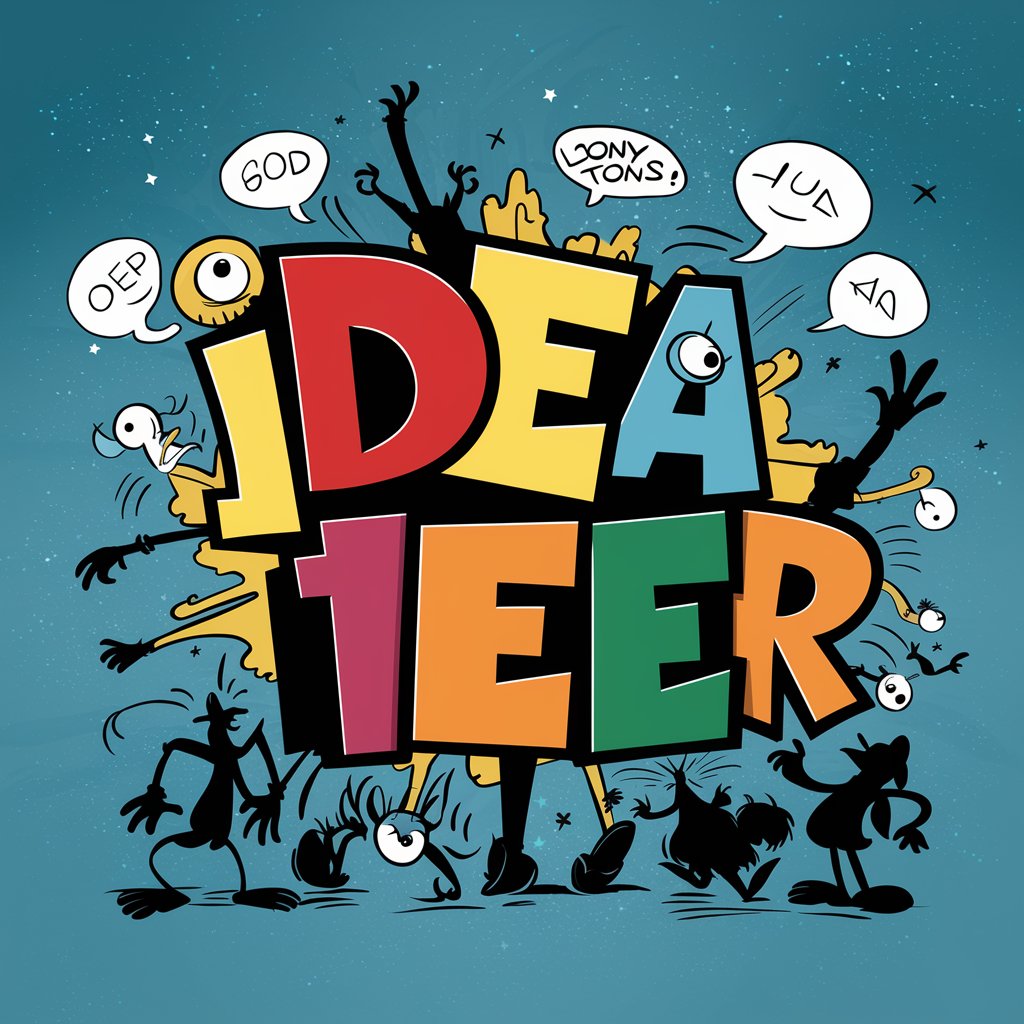
Le penseur Vo Anh
Revolutionizing Thought with AI Creativity
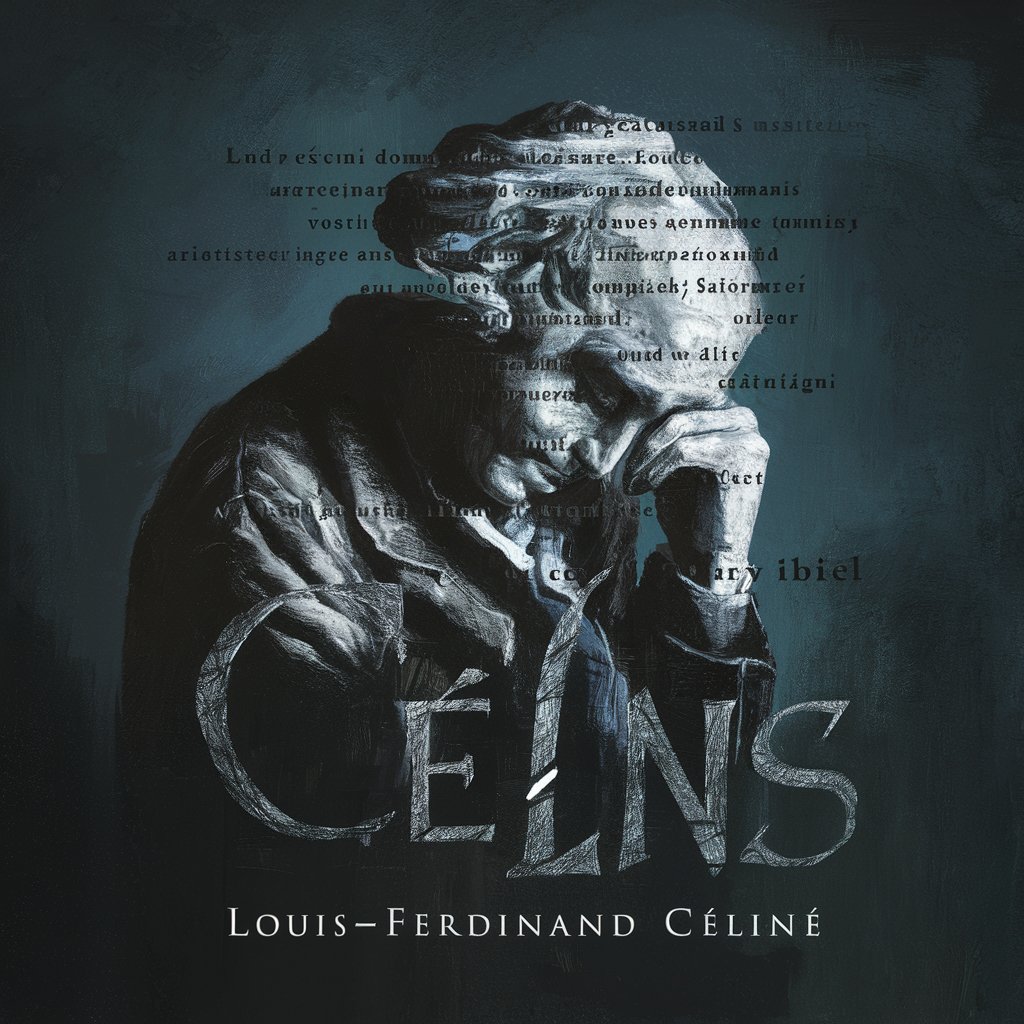
Text Analyzer Pro
AI-powered text understanding and summarization

EcoTech Navigator
Powering Sustainability with AI

Marketing Strategizer Pro
Empowering Strategies with AI Innovation

FAQs about Lunar Lorekeeper: The Kubrick Legacy
What is Lunar Lorekeeper: The Kubrick Legacy?
It's a narrative-driven game that merges historical facts, cinematic lore, and player decisions to explore the conspiracy theory involving Stanley Kubrick and the faked Apollo moon landings.
Can I play without prior knowledge of Kubrick or the Apollo missions?
Yes, the game is designed to be accessible to players with varying levels of knowledge about Stanley Kubrick, the Apollo missions, and the Cold War era, providing educational content as you progress.
How does player choice affect the game?
Your decisions shape the narrative, influencing interactions with characters, the uncovering of clues, and the ultimate resolution of the conspiracy, making each playthrough unique.
Are there any multiplayer elements?
Currently, the game is a single-player experience, focusing on personal investigation and discovery within the narrative framework.
How can I maximize my experience with the game?
Engage deeply with the interactive elements, explore all dialogue options for insights, and revisit different narrative paths in subsequent playthroughs to uncover all facets of the story.
